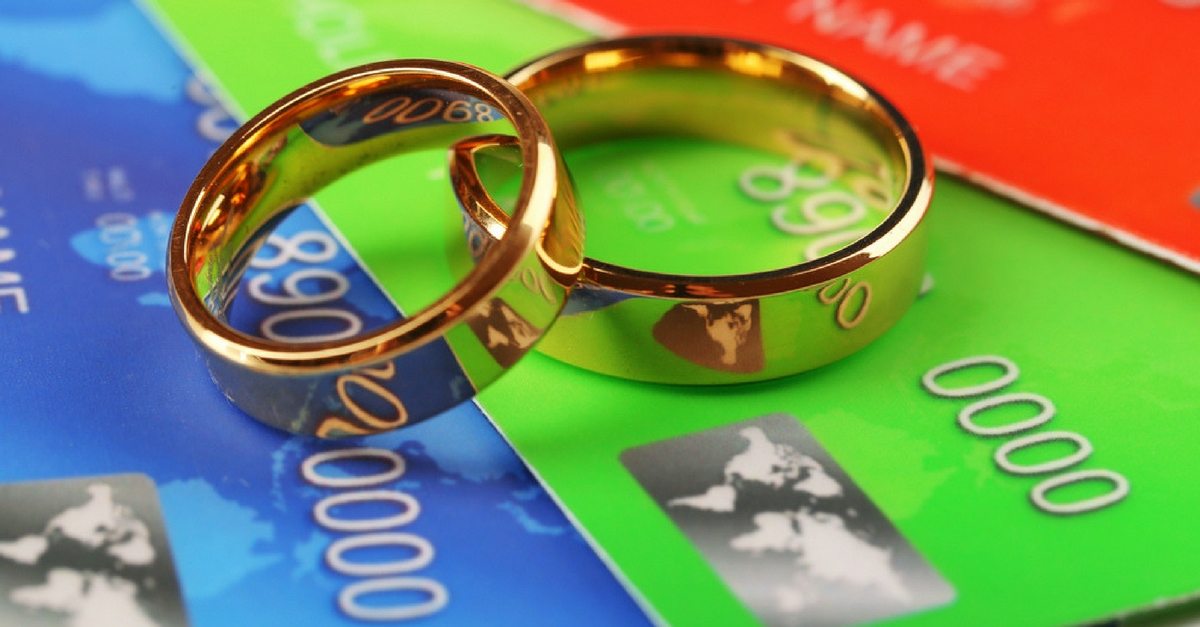
A secondary credit card holder’s responsibility for credit card debt depends entirely on how the card was set up and the specific terms of the credit card agreement. While some supplementary cardholders may not be liable for any charges, others could be fully responsible for all debt on the account. Understanding these differences is crucial before accepting or adding someone as a secondary cardholder.
Table of Contents
Primary vs Supplementary Cardholders
Credit card accounts have distinct roles, and the distinction is very important in determining who is responsible for credit card charges. Let’s begin with an explanation of the differences between primary, secondary or supplementary cardholders and joint credit cards.
Primary Cardholder: This person opens the account, manages payments, and is fully responsible for any debts on the account.
As a primary cardholder, you:
- Are responsible for managing the account
- Can add or remove supplementary cardholders
- Must make payments on the account
- Are legally responsible for the debt
Supplementary Cardholder: Credit card companies often allow an additional cardholder to become an authorized user on a credit card. It is common, for example, to add a spouse or child as a secondary cardholder.
Secondary cardholders generally:
- Can make purchases using the card
- Shares the full available credit limit
- Don’t have authority to make account changes
- Are not responsible for debt payments
- Cannot add other cardholders
Joint Credit Cards or Co-borrowers: While rare, it is possible to be a co-applicant or co-borrower on a credit card. This differs from a supplemental card in terms of card management and responsibility.
As joint cardholders, both parties:
- Share full account management rights
- Have both their names on the credit card statement
- Can make changes to the account independently
- Are legally responsible for the entire balance
- Cannot be removed without both parties’ consent
- Will have the account appear on both credit reports
Who Pays the Debt? Understanding Cardholder Liability
A primary cardholder is liable for all charges and debts on an account, whether charged with the primary or secondary card.
A secondary or additional cardholder is not responsible for paying back money owed on a credit card. Even though a supplemental cardholder can see the account in their individual online banking information, that does not mean they are liable.
If you have a joint credit card, you are fully responsible for the entire debt.
Impact on Credit Reports and Scores
Most Canadian credit card issuers report only primary user accounts to the credit bureaus, TransUnion and Equifax. Being a supplementary credit card holder will not impact your credit rating in Canada.
If you are a joint credit card holder or co-signer on a credit card, late payments or high balances on the primary account can negatively affect your credit score.
What Happens If the Primary Holder Defaults?
If the primary cardholder defaults, creditors cannot pursue a secondary cardholder unless they are co-borrowers.
In cases of significant default, a secondary cardholder may lose access to the account.
If one cardholder files a bankruptcy or consumer proposal, this does not affect a supplementary cardholder unless the debt is joint.
If you are concerned you cannot repay your credit card debt, we encourage you to talk with a Licensed Insolvency Trustee like Hoyes Michalos. This is a complicated area. We can help you review your credit card agreements and help either the primary or secondary cardholder, or both, find options to eliminate credit card debt. Your trustee can also explain how bankruptcy will affect your spouse and help you develop a plan together, such as filing a joint consumer proposal or bankruptcy if your combined debts are significant.





